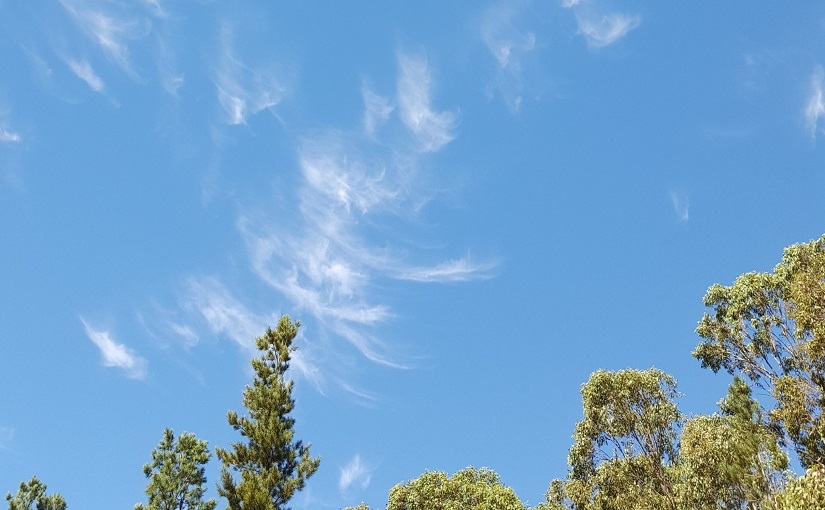While there may not be much agreement on the details, one thing we might all have in common is the desire for things to be better: for things that matter to be better respected and the things that threaten them to be better restrained. It’s a statement that might be interpreted within various contexts, but here I’m thinking of our relationship with nature.
So often, the value of the natural world seems secondary to other, commercial concerns. How many areas of wild beauty are going to be encroached upon or paved over for the sake of “expansion”? How much waste is going to be generated, then pumped “somewhere else” within our atmosphere? What will it take to see that balance and self-restraint might be a better way? (Notes One)
It’s astounding really, the attitude humanity has had toward its environment over the years. You’d think, logically, that “the world that sustains us and makes life possible” might be higher on the list of priorities, but apparently not.
Could it not be that we might apply human ingenuity to being more fully aware of our surroundings then finding imaginative ways to protect, maintain or, even, enrich them? Could academic understanding not be brought to life through creative challenges to industries, individuals and communities to simply do things better? Could our values in respect of the natural world not shift to another level?
Rather than ploughing on as we have been, might we think deeper about what’s happening? Can we really replace “a tree with a tree” and call that even, despite the fact hundred-year-old trees within established ecosystems are incredibly different from vulnerable saplings? Often, we seem to casually destroy things we cannot truly replace.
Could we not come to live in greater awareness of both local and global environments? Forcing ourselves to see and feel all the ways our consumer or lifestyle choices impact these places, now and into the future. Might we not value nature’s realities, relationships and resources differently, given that their as much as our lives essentially depend on them?
What if we invested more into gardens and other landscapes so they truly became places for nature to thrive and people to witness its delights and forethought? What if, instead of being increasingly grey and urban, our streets were genuinely filled with the buzz of insects, the beauty of seasons, and the joys of engagement with nature? (Notes Two)
Of course, pulling together on behalf of something that can’t defend itself is perhaps idealistic. It’s usually easier to continue as we are than insist on finding room for ethics within established systems. But, while it may be inconvenient or “uncommercial”, should profit and power really outweigh other concerns to “win” these conversations by default?
It’s certainly not simple finding common vision for how things might be instead, and cooperation between humans has pretty much never been easy (Notes Three); but hopefully we might choose to follow nature’s example of living more harmoniously in balance with our environment.
Notes and References:
Note 1: Limits having a purpose
Note 1: Nature speaks in many ways, do we listen?
Note 1: “Ecological Intelligence”
Note 1: “Small is Beautiful”
Note 2: Tuning out from environment
Note 2: Gardening as therapy, the light
Note 2: Gardening & local environment
Note 2: Intrinsic value of nature
Note 3: Can we reinvigorate how we’re living?
Note 3: How do we find a collective vision?
Note 3: Values on which we stand firm?
Note 3: Some thoughts about ‘life’

